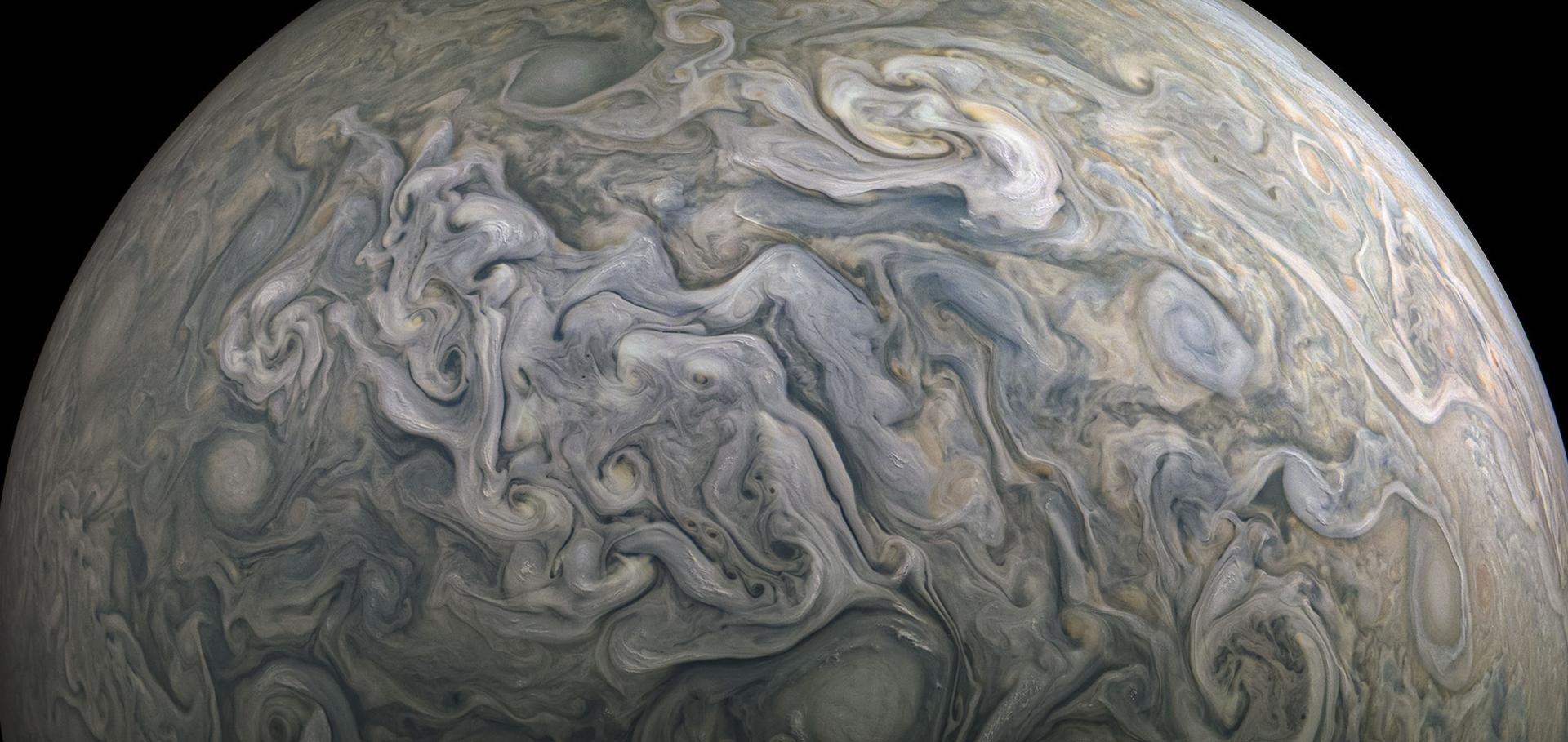Atmospheric composition, irreversible climate change, and mitigation policy.
Chapter in Climate Science for Serving Society Research, Modeling and Prediction Priorities, Springer Science & Business Media (2013) 15
Abstract:
This volume offers a comprehensive survey and a close analysis of efforts to develop actionable climate information in support of vital decisions for climate adaptation, risk management and policy.The Warming Papers The Scientific Foundation for the Climate Change Forecast
John Wiley & Sons, 2013
Abstract:
Global warming is arguably the defining scientific issue of modern times, but it is not widely appreciated that the ... together the classic scientific papers that are the scientific foundation for the forecast of global warming and its consequences.Strange news from other stars
Nature Geoscience Springer Nature 6:2 (2013) 81-83
Hydrogen-Nitrogen Greenhouse Warming in Earth's Early Atmosphere
Science American Association for the Advancement of Science (AAAS) 339:6115 (2013) 64-67
Cumulative Carbon and Just Allocation of the Global Carbon Commons
Chicago Journal of International Law 13:2 (2013) 12


